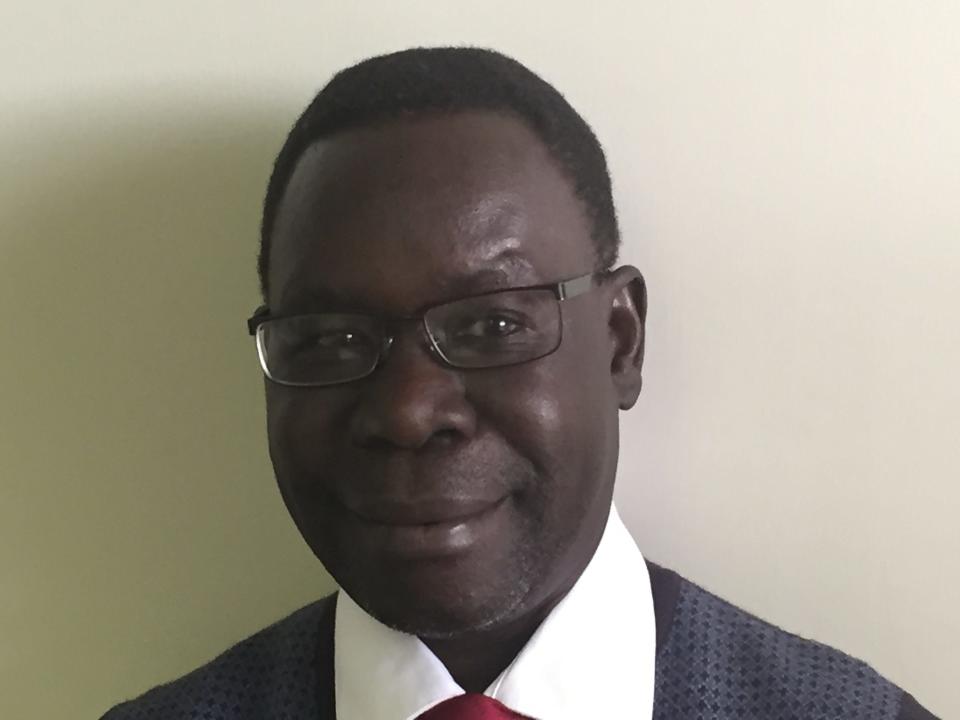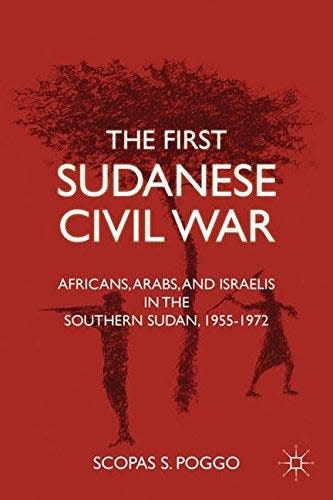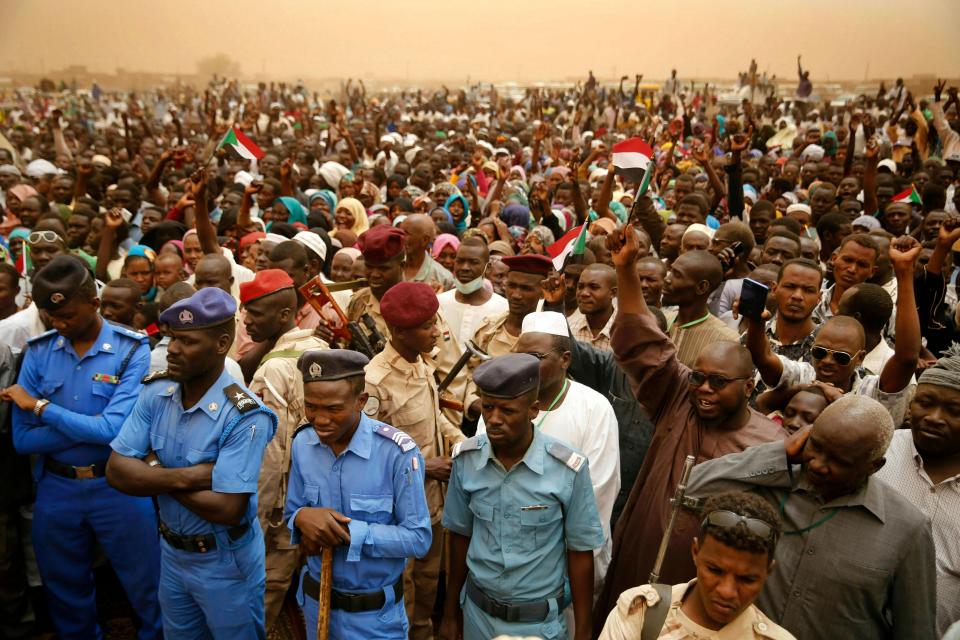Local professor, Sudan native Dr. Scopas Poggo discusses Sudan civil war and upcoming book
The conflict with the ongoing civil war in Sudan has left thousands of families and people in a devastating state. On April 15, 2023, fighting broke out between two military forces in Sudan, the RSF (Rapid Support Forces) and the SAF (Sudanese Armed Forces). The current civil war has left nearly 1.4 million people displaced throughout the country because of the ceasefire, according to a recent report by the United Nations Office for the Coordination of Humanitarian Affairs. Since June 20, it's been reported that somewhere between 3,000 and 5,000 people have been killed, with thousands injured.

Someone who is very knowledgeable about the current Sudan Civil War is Dr. Scopas Poggo, who is a professor in the department of African-American and African studies at the Ohio State University-Mansfield. Poggo has spent the last few decades studying, researching and immersing himself in the two Sudanese Civil Wars (First Sudanese War: 1955-1972; Second Sudanese War: 1983-2005) that have plagued the country.
"I've been writing about the conflict in Sudan dating back to when I was a student at the University of Santa Barbara," said Scopas, who was born in what is now South Sudan. "I focused a lot of my studies on the first civil war in Sudan, which started in 1955, to 1972 when the war came to an end because of a peace agreement. I was inspired because I was a part of that war. I had to flee out of Sudan to seek refuge in the Republic of Uganda."
Scopas said that while in college he wrote a dissertation about the first civil war in Sudan but when he took a job at the University of OSU-Mansfield in 1999, he revised it, then published his first book titled "The First Sudanese Civil War: Africans, Arabs and Israelis in the Southern Sudan, 1955-1972." The book is available on Amazon.com.

Thousands of people in Sudan have had to flee to other countries close by, including Egypt, Chad and Ethiopia, according to UNHCR (United Nations High Commissioner for Refugees). It has also been reported that acts of gender-based violence and sexual violence is increasing.
Scopas talked about when he first heard about the conflict.
"I saw that it particularly affected my family and my sister-in-law of my late brother," Scoaps said. "She had come to Khartoum, the capital of Sudan, to seek medical treatment. Just a week before she left for Cuba, the conflict erupted between the Sudanese Armed Forces and Gen. Abdel Fattah al-Burshan, and Gen. Mohamed Hamdan "Hemedti" Dagalo of the Rapid Support Forces. She told me about the fighting and when it broke out. It took everybody by surprise. Most civilians in Khartoum were at risk. They were really lucky to escape Khartoum because of the ceasefire.

"But there were thousands of Sudaneses that settled in Khartoum with many of them not wanting to return to South Sudan. The conflict was becoming increasingly dangerous."
One of the issues in Sudan is the high number of humanitarian partners that are struggling to move relief supplies to certain locations because there are security and transportation challenges along the way.
Scopas dived into just how dire the infrastructure in Sudan is at the moment and said the ongoing war could have been avoided if the country would have made specific attempts to stabilize the country in the past.
"The infrastructure in Sudan is not good right now. Hospitals, clinics, doctors, medicine and the educational system in rural areas are not the best," Scopas added. "Sudan needs to be recognized as a multi-racial, multi-religious and multi-cultural country. If Sudan had that recognition from the beginning after their independence, Sudan would have been a peaceful, politically stable and prosperous country and put effort into education for all the people in Sudan. Also, it would have encouraged economic investment."
Scopas' expertise has led him to work on his second upcoming book, which focuses on the Second Sudanese Civil War from 1983-2005. He is in the process of putting it together and said he was able to conduct interviews with Sudanese intellectuals and politicians, as well as an Israeli general who was the first Mossad agent in South Sudan.
Now, Scopas is gathering ways he can see how the civil war in Sudan can come to an end between the two military forces and the generals RSF leader "Hemedti" Dagalo and SAF leader al-Burshan.
"The war is going on. There have been these efforts by the United States and Saudi Arabia but the fighting continues," Scopas said. "I think what people need to do is never give up but to engage these generals to come together to talk peace. But people have to come together to form a new government of unity."
jsimpson@gannett.com
This article originally appeared on Mansfield News Journal: Dr. Scopas Poggo discusses ongoing civil war in Sudan
